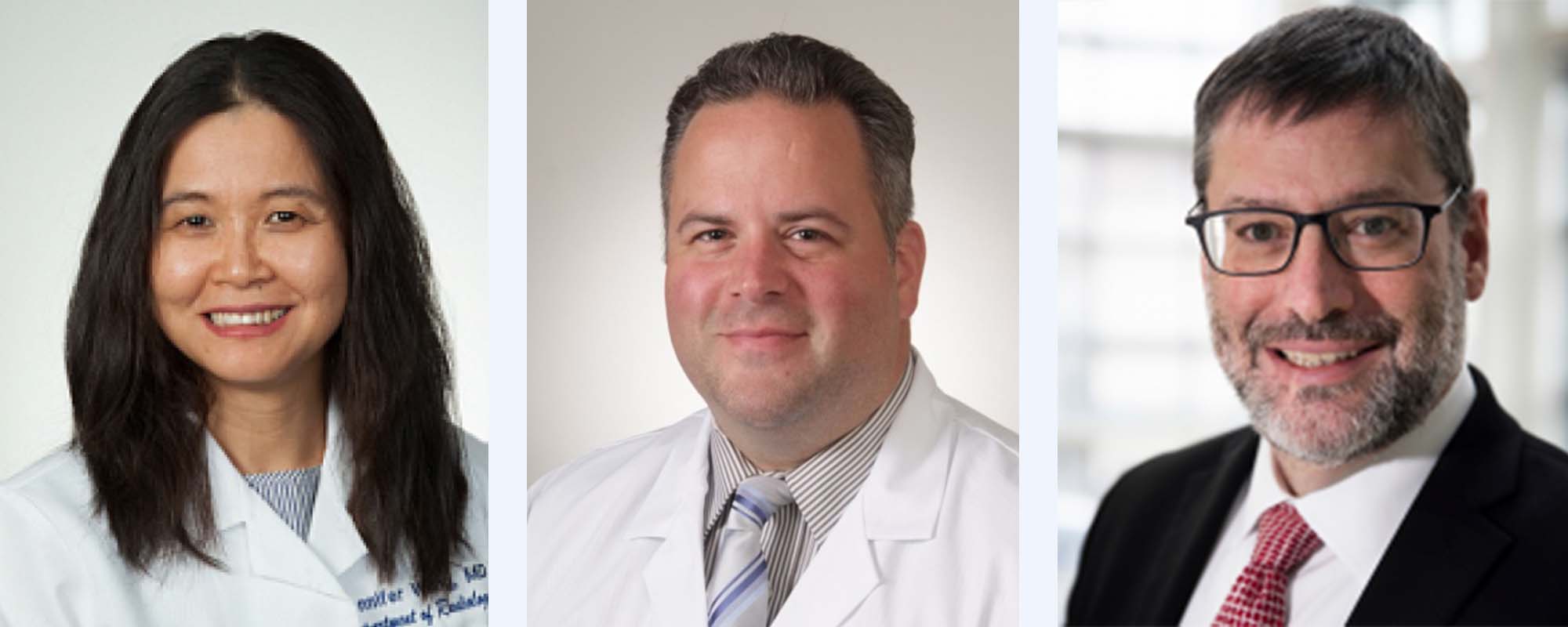Artificial Intelligence in Medicine – Introducing the AIM Alliance
Artificial Intelligence (AI) has enormous potential to improve patient care. AI algorithms make use of large, high quality data sets and powerful computers to analyze medical images with high accuracy. Radiology and pathology are two specialty services which, because of their rich store of images and other data, are poised to take advantage of the AI revolution. The correlation of patient images generated by Radiology and pathological samples and genetic data generated in Pathology & Laboratory Medicine is already a standard method to quickly and accurately diagnose a patient’s disease and to direct their treatment. This highly manual process is, however, demanding of our personnel as the number of images and the complexity of the data is increasing inexorably. Applying AI technology to these two domains will likely result in enormous progress. AI algorithms, trained on large, high quality data sets found within these two departments, have great promise to be expert assistants in the diagnostic process. To move the University of Kentucky toward this goal the College of Medicine recently funded the Artificial Intelligence in Medicine Alliance. Additional support was provided from the Markey Cancer Center, Sanders-Brown Center on Aging, and the Institute for Biomedical Informatics. The AIM alliance takes its place besides the other Alliance groups such as FINDERS and PERFORM which other members of Radiology are involved in.
AIM will be directed by three talented individuals who are already working to apply AI to medicine. Pictured above (left-to-right) are AIM's leaders: Xiaoqin Wang, MD from the department of Radiology, Cody Bumgardner PhD from the department of Pathology and Jeffrey Talbert, PhD from the Institute for Biomedical Informatics. Dr. Xiaoqin Jennifer Wang is a breast radiologist with experience in AI development. Dr. Wang has worked with Nathan Jacobs, PhD from the department of Computer Science to develop a novel machine learning (ML) algorithm to analyze 3D breast tomograms to identify suspected tumors with promising results. More recently, Dr. Wang has initiated a collaboration with BunkerHill to allow agnostic use of ML algorithms to be applied seamlessly to disease detection. V. K. Cody Bumgardner is a computer scientist who is working to apply AI to pathology data.
Jeff Talbert, as the director of the Institute, brings expertise in working with large data sets. The Institute is also the home of several other talented faculty members who have experience with artificial experience. For example, Associate Professor Jin Chen, PhD, is already working with professor Jie Zhang, Ph.D. in Radiology to use ML to analyze CT images for lung cancer detection.
The AIM alliance team brings together individual AI efforts currently underway in Pathology & Laboratory Medicine, Diagnostic Radiology, Markey Cancer Center, and Computer Science. The group will establish a unique informatic infrastructure that makes curated data and AI models readily available to clinician scientists and early career faculty. This much needed infrastructure will not only eliminate the major barrier to existing AI research but also provide a foundation for new areas of transdisciplinary discovery in applying powerful AI tools in cancer and other health care domains. The proposed infrastructure will also become an information hub for researchers, clinicians, educators, and administrators by providing the high-quality data and “AI insights” from the data. Operating across data generated from our academic medical center, collaborators, and public sources, the proposed efforts could be used to establish UK as an anchor institution in large programmatic grants.
